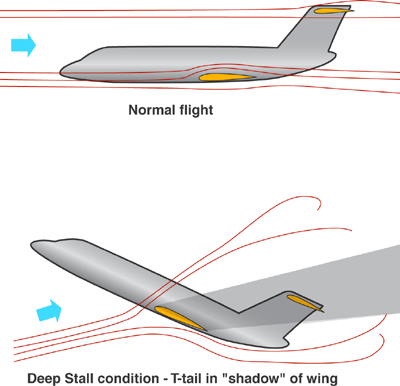Portfolio careers branch out like a coppice.
CorporateNature Metaphor Series, No 122
1. Some careers are straight tree trunks:
Many career paths are stable and predictable. If you pursue a career in medicine, you know the steps you need to take: study for years and invest consistent effort in one direction to obtain a specialisation.
2. Other careers are crooked trees:
The tree trunk of a linear career is not always straight, just as trees don't always grow perfectly straight. In fact, German philosopher Immanuel Kant said that "out of the crooked timber of humanity, no straight thing was ever made." If you change direction, e.g. move from finance to teaching, the sharp turn would result in a crooked tree in the forest of life. Also, there may be smaller career hiccups (e.g. gaps and sabbaticals) that create knots in the wood grain. Yet, the resulting trunk after 30 or 40 years is still a single massive block of wood.
3. Portfolio careers are shaped like a coppice:
Some people have portfolio careers: a diversified set of activities, such as consultancy, entrepreneurship, sitting on corporate boards, volunteering for charities. This model resembles a coppice. Coppicing is done by cutting down a tree to the ground, so that multiple shoots come out from the stump and grow into a bunch of (thinner) trees. Coppicing stimulates growth and increases the yield of harvested timber. By foregoing a linear career, you get a more interesting and diversified portfolio career which may result in a bigger timber harvest, i.e. higher income compared with a single salary job.
2. Other careers are crooked trees:
The tree trunk of a linear career is not always straight, just as trees don't always grow perfectly straight. In fact, German philosopher Immanuel Kant said that "out of the crooked timber of humanity, no straight thing was ever made." If you change direction, e.g. move from finance to teaching, the sharp turn would result in a crooked tree in the forest of life. Also, there may be smaller career hiccups (e.g. gaps and sabbaticals) that create knots in the wood grain. Yet, the resulting trunk after 30 or 40 years is still a single massive block of wood.
3. Portfolio careers are shaped like a coppice:
Some people have portfolio careers: a diversified set of activities, such as consultancy, entrepreneurship, sitting on corporate boards, volunteering for charities. This model resembles a coppice. Coppicing is done by cutting down a tree to the ground, so that multiple shoots come out from the stump and grow into a bunch of (thinner) trees. Coppicing stimulates growth and increases the yield of harvested timber. By foregoing a linear career, you get a more interesting and diversified portfolio career which may result in a bigger timber harvest, i.e. higher income compared with a single salary job.
4. A "tree trunk" or a "coppice" career is mostly down to choice
Most trees can be coppiced: typically hazel, ash, willow, elm, beech, oak, chestnut. However, a small number of trees are not amenable to coppicing, for example birch. So it is of paramount importance for the "birches" among us to know that they should not pursue portfolio careers.
Most trees can be coppiced: typically hazel, ash, willow, elm, beech, oak, chestnut. However, a small number of trees are not amenable to coppicing, for example birch. So it is of paramount importance for the "birches" among us to know that they should not pursue portfolio careers.
 |
| Coppice tree (image source: Wikipedia) |




